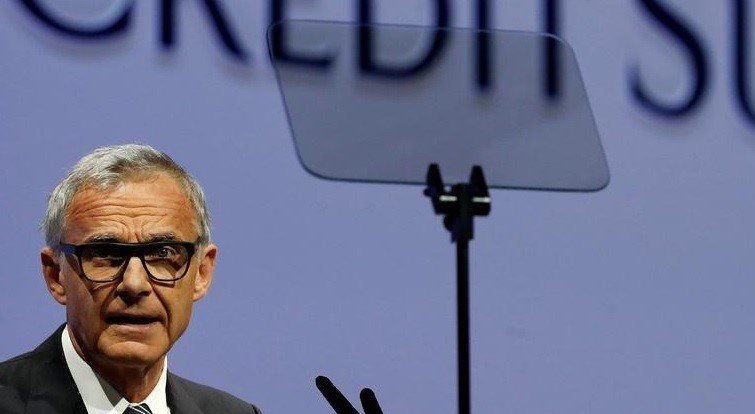A few days ago information security specialists reported that financial services company Credit Suisse was in the midst of a scandal involving allegations of corporate espionage against UBS, its main competitor. The situation has worsened due to recent reports on the suicide of a contractor involved in this cybercriminal activity scandal.
This contractor acted as an intermediary between Credit Suisse and private investigators firm Investigo. This firm would have been hired to monitor the activities of Iqbal Khan, the company’s former head of wealth management, as mentioned by Financial Times.
Credit Suisse began spying Khan a short time ago fearing that their former employee might “steal” customers from the company to take them to UBS, where he has just started his new job. The Swiss firm has faced a lot of pressure since this espionage activity was revealed, as mentioned by information security specialists.

When this espionage scandal became public, Pierre-Olivier Bouée, the company’s chief operating officer, filed his resignation with the company’s board of directors. Remo Boccali, the bank’s head of information security, also quit his job. Urs Rohner, president of Credit Suisse, said: “It was a mistake to undertake this surveillance campaign; this measure does not represent our values.”
Khan filed a lawsuit with Swiss prosecutors for the surveillance activities to which he was subjected. In a subsequent statement to the media, the bank’s president mentioned that, according to an investigation he himself requested from the private firm Homburger, Bouée acted alone in this case, so Tidjane Thiam, CEO of Credit Suisse, is not related to this campaign.
However, a statement from the prosecutor’s office mentions that other possible crimes against Iqubal Khan are still being investigated. As mentioned, the relationship between Thiam and Khan was always very strained, stemming from labor disputes and some environmental disputes in the wealthy Swiss neighborhood where they both live, so authorities have not removed their eye away from Thiam.
Experts mention that this scandal has brought to the ground the reputation of the financial institution: “I would like to apologize to our shareholders, our employees and especially to Iqbal Khan and all his family,” Rohner says. On the other hand, one of Credit Suisse’s shareholders anonymously stated: “A person decided to take his life, it is clear that this campaign was wrong from the beginning. Now all that’s left is to wait for prosecutors to start making decisions.”
In addition, Rohner stated that, although it is not his intention to pre-empt the official investigation, the investigation by the Homburger firm has already concluded that Thiam was not aware of these activities: “We categorically reject any assertion that question the integrity of our CEO,” concluded the president of Credit Suisse.
Local media reports mention that although Khan had personal relationships with some of his former collaborators, investigators found no evidence that Khan had tried to bring Credit Suisse clients to UBS.
Although Homburger researchers have already conducted a dozen interviews with various employees of Credit Suisse and Investigo, information security specialists at the International Institute of Cyber Security (IICS) consider that relevant information that could be obtained from the conversations between Bouée and Boccali through Therma, a messaging application developed by third parties used within the company, could be useful during the prosecutors’ investigation.

He is a well-known expert in mobile security and malware analysis. He studied Computer Science at NYU and started working as a cyber security analyst in 2003. He is actively working as an anti-malware expert. He also worked for security companies like Kaspersky Lab. His everyday job includes researching about new malware and cyber security incidents. Also he has deep level of knowledge in mobile security and mobile vulnerabilities.











